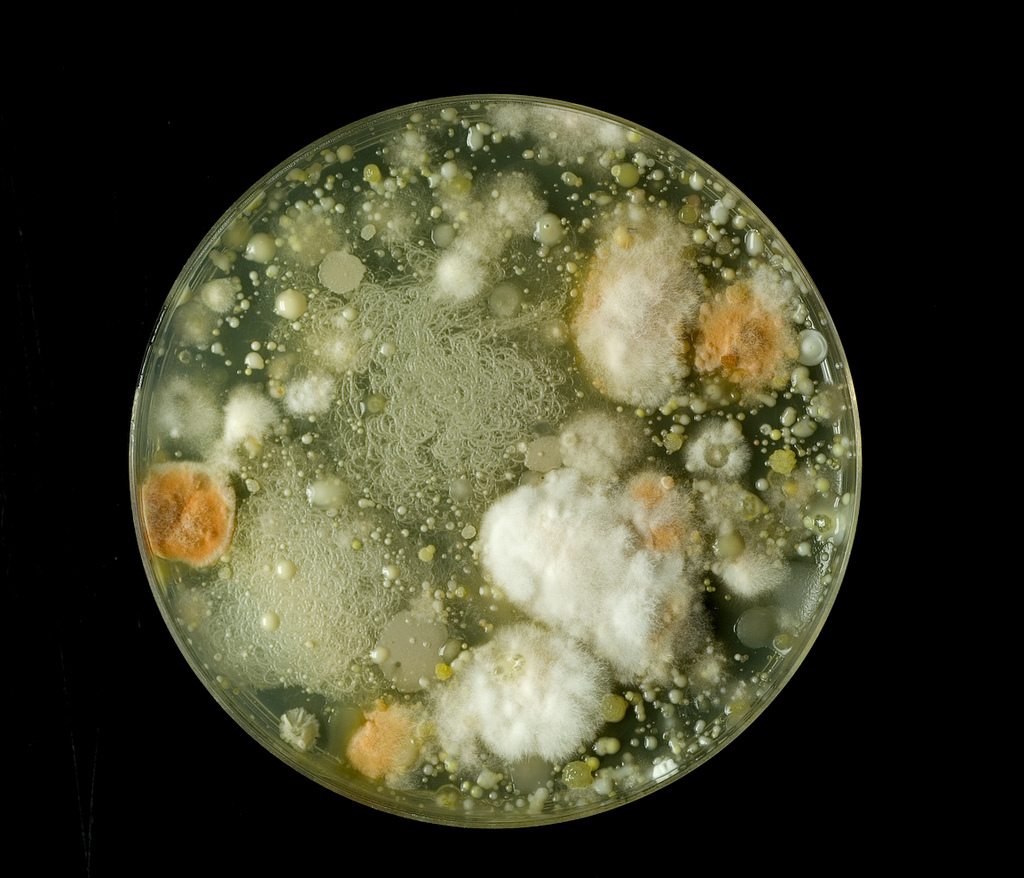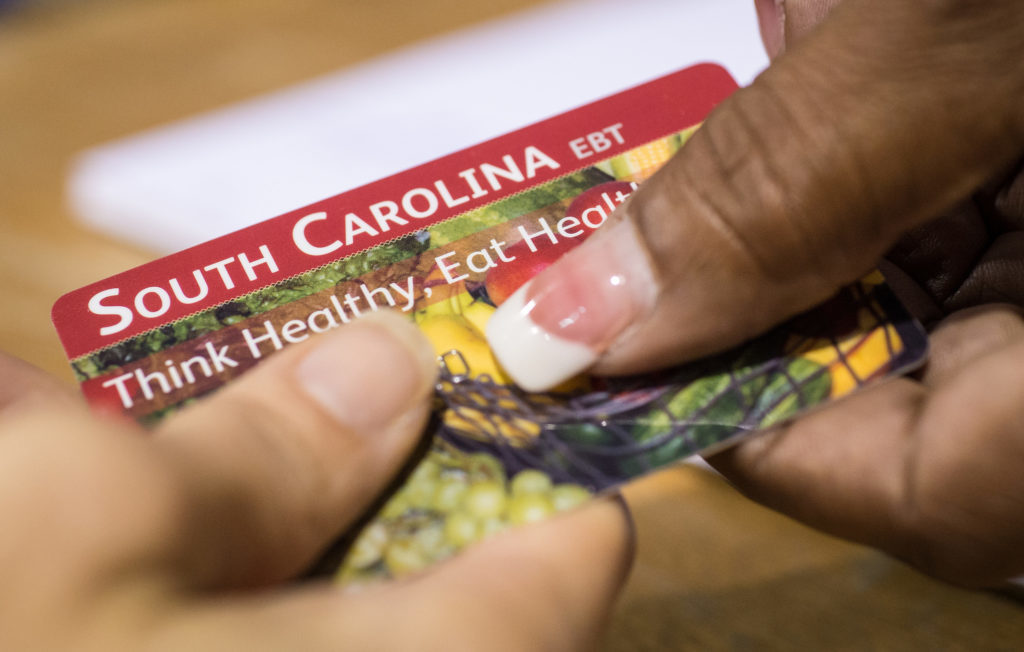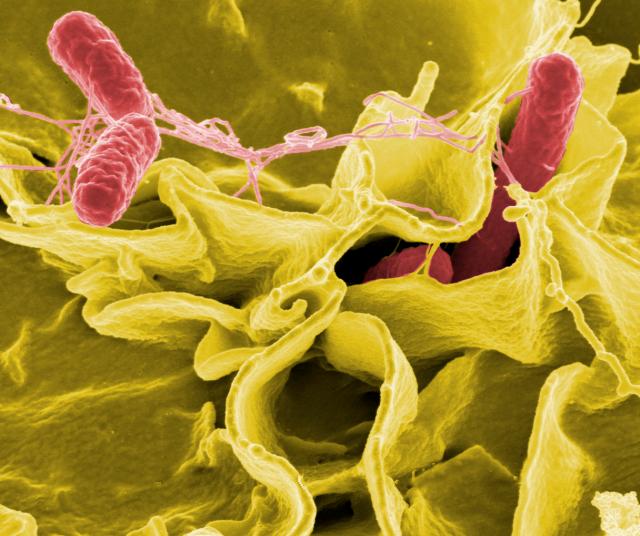For most tech executives, there are two basic considerations for marketing a product: Whether it will work, and whether it will sell. But for food-tech executives, there is a third: whether it will pass muster with people who worry over the health and environmental implications of manipulating food with technology. For many people, products like lab-grown meat don’t seem “natural.”
“There’s a misconception that science in food is bad,” said Melissa Kinch, a partner at the public-relations giant Ketchum, who, among other things, helps companies manage their “environmental reputations.” Food companies, she told the crowd on Thursday during the Future Food-Tech summit in San Francisco, need “public permission for new technologies” in a way that companies like Apple and Snap do not.
It was, to a degree, a complaint, and one that resounded through most of the summit’s panel talks, which featured executives and scientists working on technologies like plant-based meat substitutes and ingredients derived from algae.
The worry about consumers’ perceptions of “food-tech” began decades ago with the introduction of GMOs into the food system. As big a reputational problem as genetic modification has had, several of the summit’s participants noted, it also serves as a reminder that it’s not as worrisome an issue as it’s often made out to be: after all, our foods are loaded with GMOs, and people still buy and eat them. Only a relatively small number of lobbies and advocacy groups stridently fight against them. Eventually, consumers get used to technological advances in food, and that will happen with all the latest advances, too. In 10 or 20 years, we might all be eating lab-grown meat, or pasta made from crickets, without giving it a second thought.
Still, there is that initial hurdle to get over. Millennials are often cited as the generation most concerned about such issues. But there are two divergent trends among them: they say they prefer “natural” foods, but they also love technology. There’s a difference, though: “They don’t want to eat their iPhones,” said Tim Geistlinger, chief technology officer of Perfect Day, which makes “synthetic” milk that is real cow’s milk, but without the cows, made sort of the way lab-grown meat is made. “Tech” takes on a whole different set of connotations when it’s paired with “food.”
And yet, as much as millennials (and everyone else) might claim that they have social concerns, the research seems to indicate that, for the most part, when it comes time to buy, they’re most concerned with price, quality, and convenience like pretty much everyone else. That, said Minh Tsai, founder of Hodo Soy Beanery, should be kept in mind by all food-tech companies. “Taste is paramount,” he said. Tofu, the ingredient his company specializes in, has been marketed in the United States for decades, but only recently has it come into its own, to the point where many people actively seek it out. “It failed back then because it didn’t taste good,” he said. And while millennials might be more interested than others in what Tsai called “the wellness piece,” that doesn’t mean they’ll eat stuff they don’t like. If makers of tofu hadn’t worked hard on various innovations to make the stuff tasty, millennials wouldn’t eat it.
In creating new kinds of foods produced in novel ways, companies need to keep in mind that they’re never going to win over the entire population, said Jonathan Wolfson, co-founder of TerraVia, which makes products such as oils derived from algae. “Food is very tribal,” he said. And too many companies can get “lost” by appealing too narrowly to particular tribes, and by trying to always be “trend-on.” No matter what a company might be selling, “it’s not going to appeal to everybody,” he said. And that’s especially true of the companies at the summit. Marketing such foods is full of hazards. While millennials might say they’re interested in “authenticity,” it’s impossible for a company to know exactly what that means. “The word ‘authenticity’ is thrown around constantly and nauseatingly,” said Wolfson. The trick, he said, is to actually be authentic.
Further complicating matters is the fact that many of the latest tech advances are specifically aimed at solving various health and environmental problems. If lab-grown meat becomes widely available, it could not only decrease carbon emissions and improve animal welfare, it could also improve public health: the meat can be made without cholesterol. So even if these latest advances seem “unnatural,” they are aimed at solving the very problems consumers of “natural” foods say they are most concerned about.
The perceived dichotomy between “natural” and “technological” food products was presented most starkly during the panel on cellular agriculture—that is, “cultured” or lab-grown meats and other products. Cellular ag has gotten lots of funding, but is still in its developmental stages. That’s mainly because growing meat or producing milk without the help of an animal is “very hard to do,” said Geistlinger, of Perfect Day. Joseph Puglisi, a professor of biology at Stanford University who does research in this area, agreed. “We all think we’re really smart, but we’re not,” he said. “Nature kicks my proverbial buttocks on a daily basis.”
Still, Geistlinger said, as with anything else, “if it’s done right, people will adopt it.” But which people? Millennials might be the most open to something like a hamburger patty grown in a lab, but even that’s far from a given, said Gilonne d’Origny, who has worked for the cellular-ag company New Harvest and is now advising a startup. She admits: “We don’t really know the consumer that we’re targeting.”










